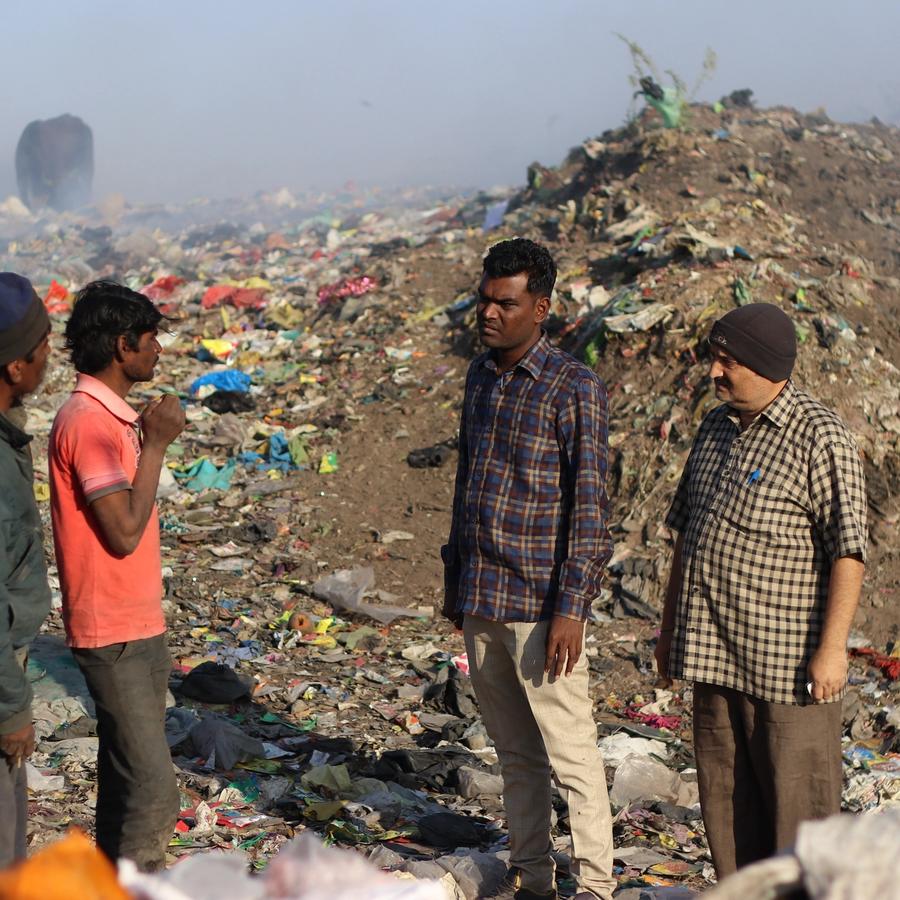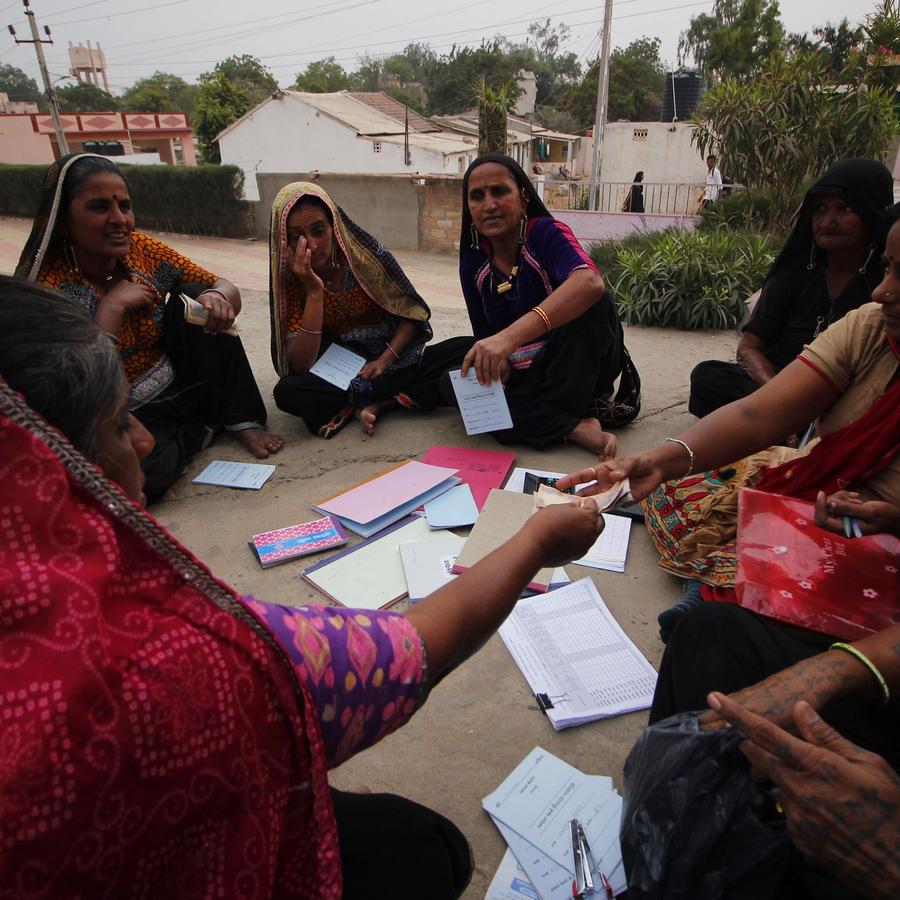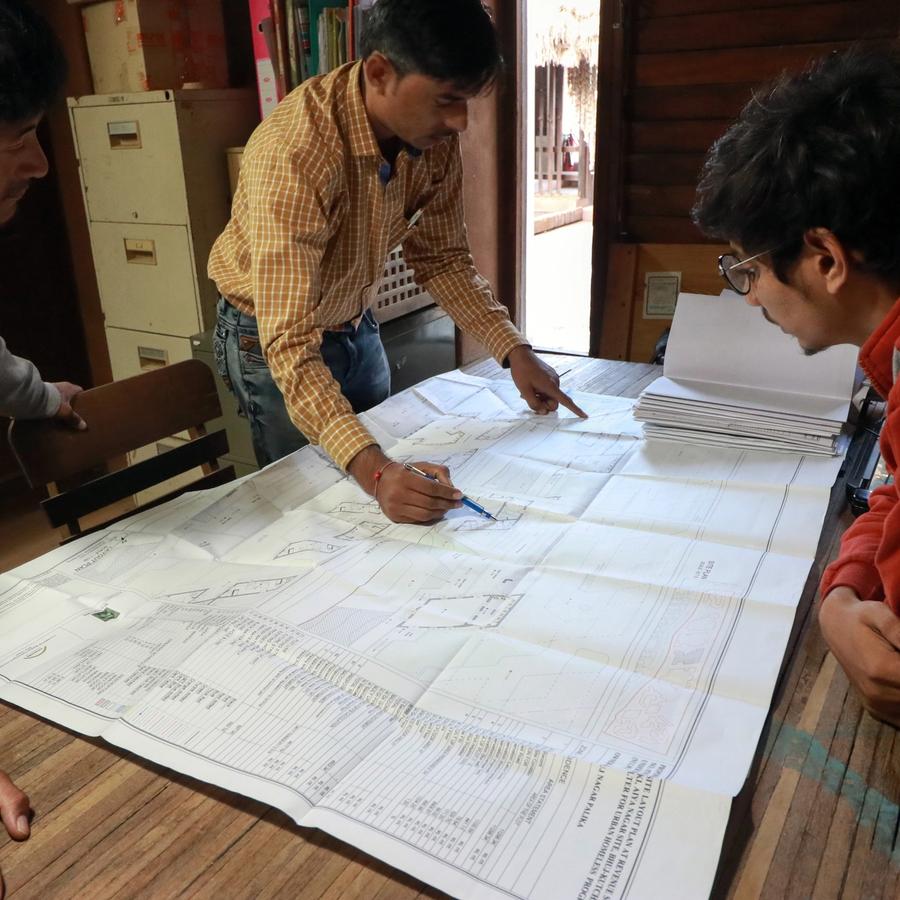About Us
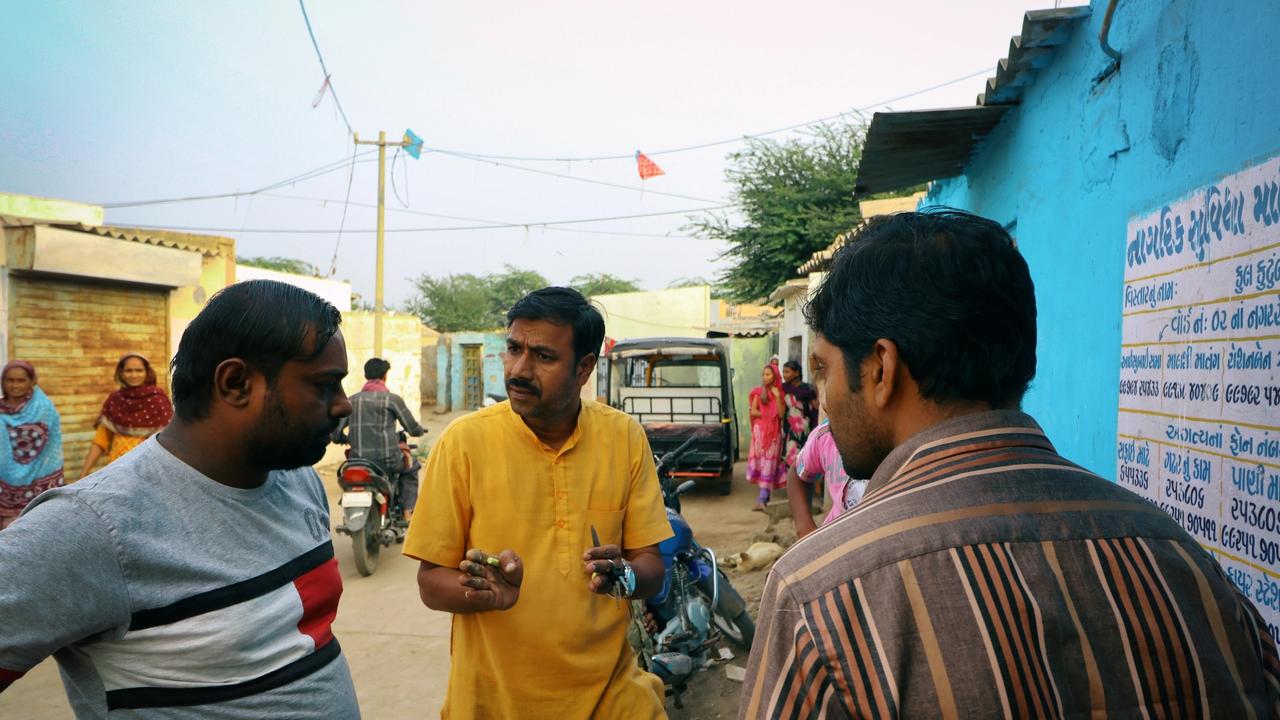
Following the 2001 earthquake, the rehabilitation and reconstruction efforts drew the attention of several non-profits based in Bhuj but previously working in rural areas. Some of their staff realised that they, as citizens, had little control over decision-making in the city. Gradually, members of these organisations began to demand improvements in essential services and greater accountability. They quickly recognised that a society’s ability—at both neighbourhood and city levels—to engage in democratic dialogue as a foundation for development was rapidly being eroded.
Thus, Homes in the City (HIC) was formally came to be formed in 2008, when five grassroots organisations came together to reimagine how cities that work for everyone. With deep roots in governance, women’s empowerment, water management, housing, and environmental action, they brought their collective experience in participatory initiatives to urban spaces—centering democratic decentralisation, ecological sustainability, and the dignity of marginalised communities.
Where we work
The city that moved us to act.
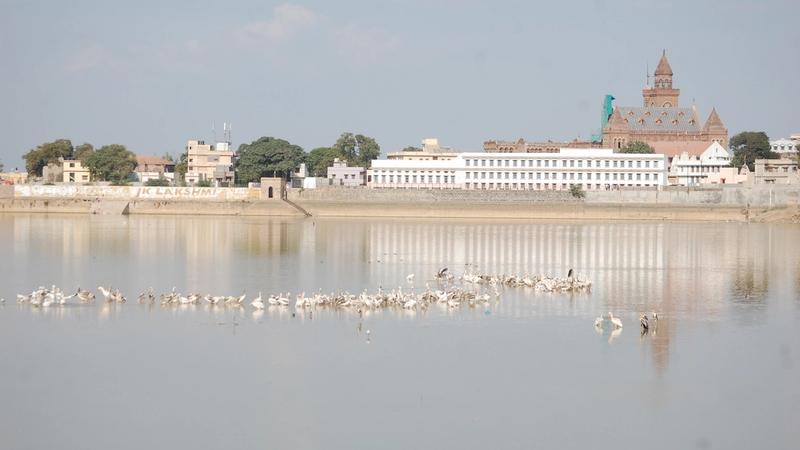
Bhuj, Kutch, Gujarat
Bhuj is a historic city—once the capital of a kingdom of the Jadeja Rajputs until 1948—and now the administrative centre of the semi-arid Kutch district in Gujarat, bordering Pakistan. A population of about 300,000 now lives under the jurisdiction of the Bhuj Area Development Authority (BHADA), which spans 56 sq. km and includes the municipal limits of Bhuj and three adjoining villages. Bhuj Municipality is divided into 11 wards for administrative purposes.
After the 2001 earthquake, which destroyed much of the old city and claimed over 4,000 lives, Bhuj saw major investments from state, national, and international bodies. The city came under formal planning only with the creation of BHADA that same year.
Since then, Bhuj has become more cosmopolitan, shaped by large-scale industrial investment across Kutch and an accompanying influx of migrant workers. Around 31% of the population lives in 77 informal settlements, mostly in the northern part of the city. In fact, 90% of these settlements are concentrated in four northern wards, where a significant number of minority and Dalit communities reside.
The presence of a vibrant and complementing civil society that had already been working in rural Kutch, and which joined hands to overcome the effects of the natural calamities, made it possible for a collaborative program like HIC to take birth and thrive in Bhuj.
Our guiding principles
The commitments behind everything we do
To push for democratic decentralisation of governance structures, resource management and essential services, thereby allowing citizens to build communities and to have better control over development – in other words, to take charge of their services, assets, facilities and future.
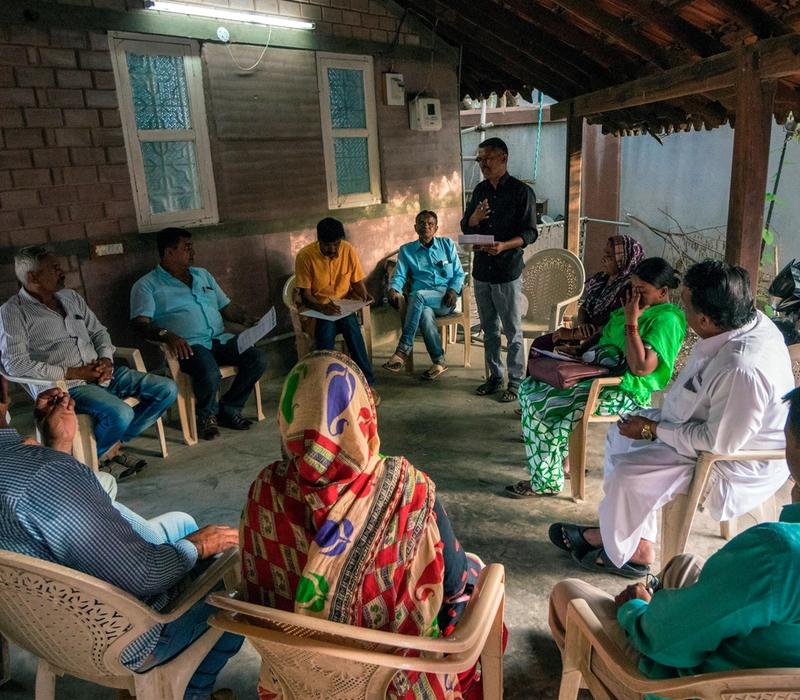
Our strategic approach
How we achieve our objectives
Developing small-scale pilot initiatives relating to, for example, water, sewage treatment, housing and savings, to demonstrate a different reality to citizens and the government.
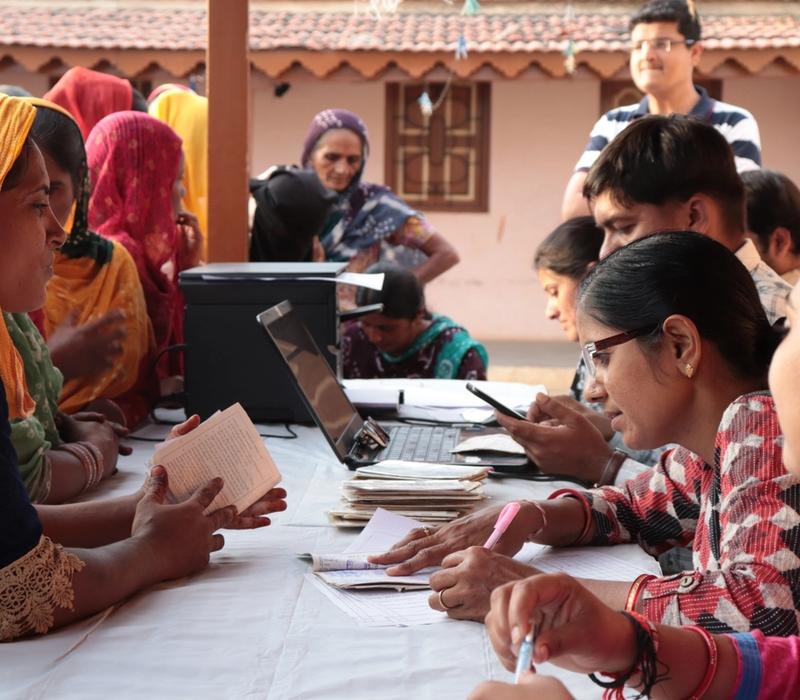
Partner organisations
The organisations that form HIC
Community based organisations
Action begins where people organise
Our donors
Supporting our mission for inclusive change
Explore more
A closer look at our work
